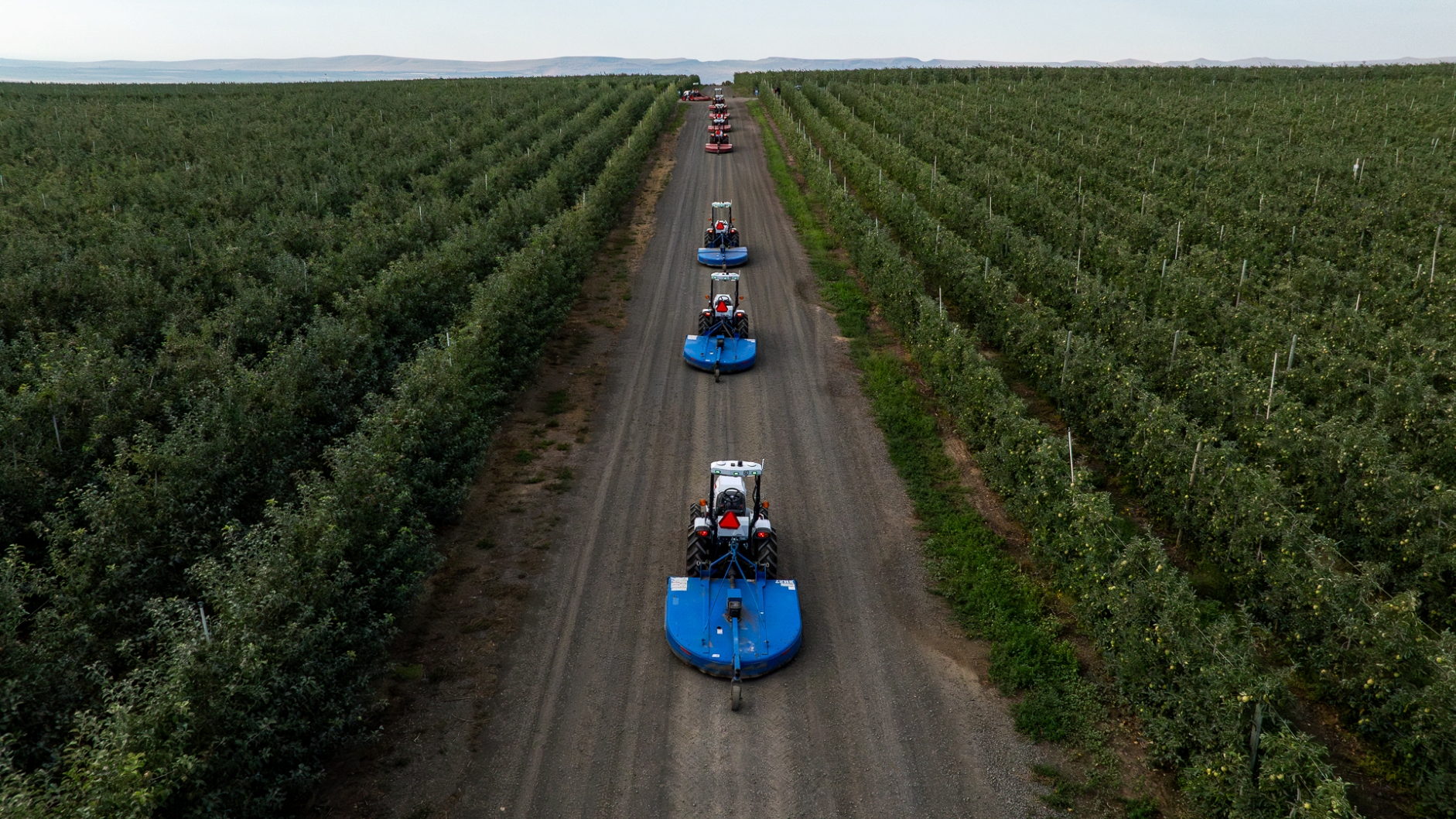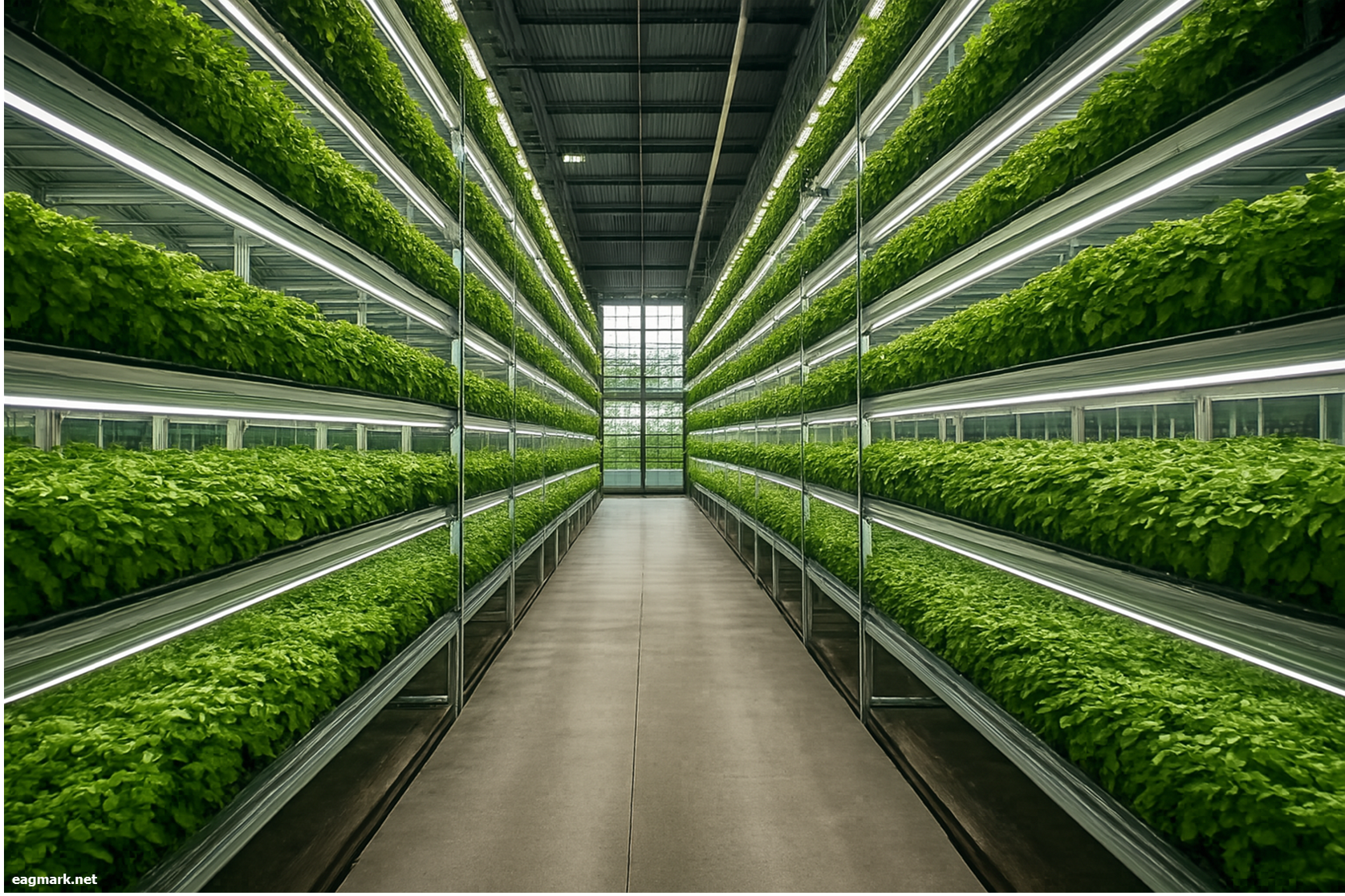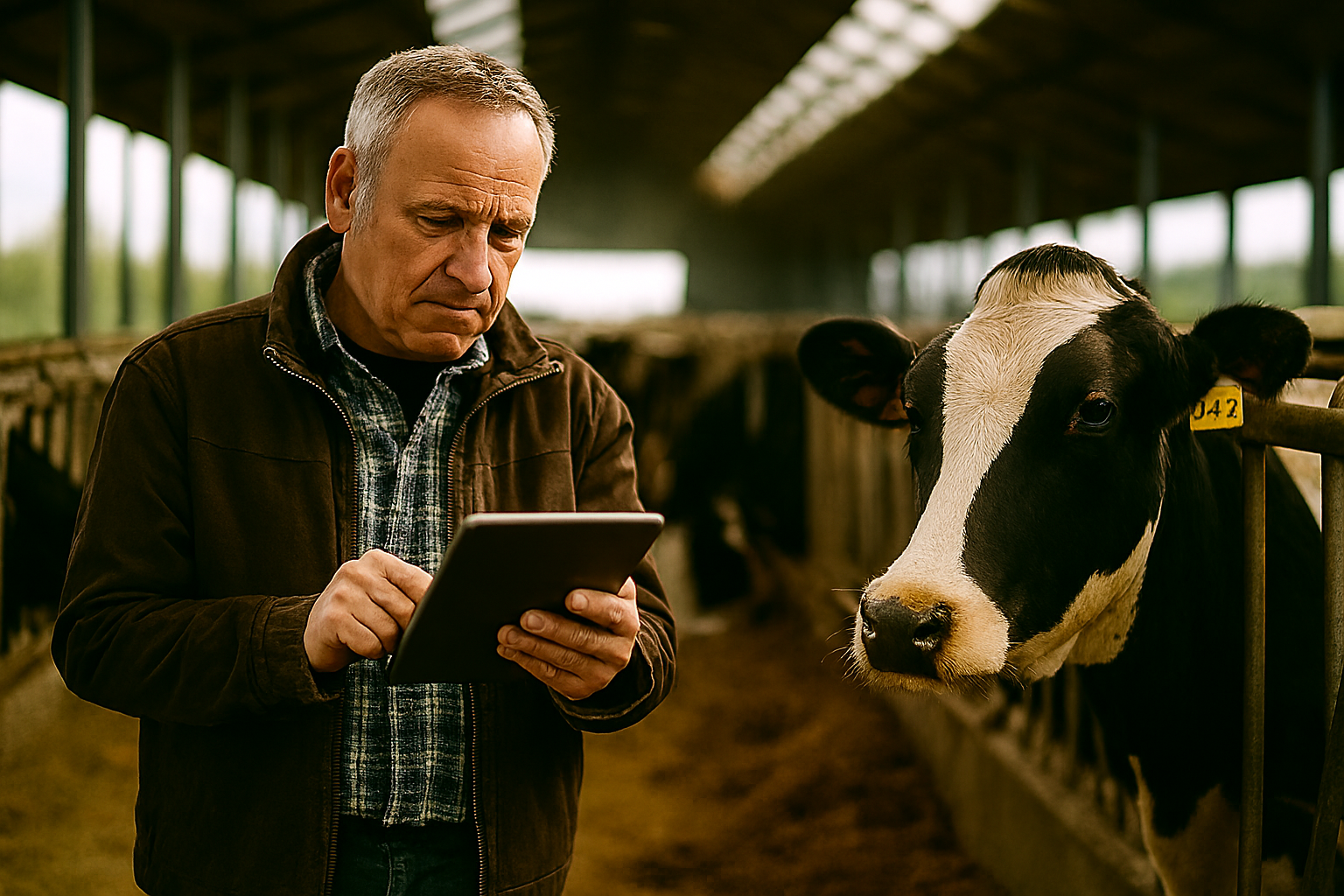
Agricultural labor costs hit a record $53 billion in the U.S. this year, while farmers worldwide report an average 21% shortage in available workers. The math is sobering: the average global farmer is pushing 60, yet young people aged 15-24 make up just 2% of agricultural workers despite representing 15% of the global population.
But there's a surprising twist in this story. The same technology blamed for displacing workers might actually be drawing them in.
In Kenya, where youth agricultural employment plummeted from 59% to 28.5% between 1990 and 2020, young entrepreneurs are building agtech startups using AI, drones, and precision tools. Europe's rural youth population shrank by 1.7 million from 2013 to 2019, yet younger farmers between 25-50 years old now adopt precision agriculture technologies at higher rates than their older counterparts.
The transformation isn't happening fast enough, though. Farm wages have risen 20% in real terms over the past decade in the U.S., yet growers still can't compete with tech companies offering remote work and higher salaries. Meanwhile, mechanization progress crawls along incrementally—strawberry-picking robots exist but can't yet match human efficiency.
What's working? Data from Heifer International's research across Africa shows young people will embrace agricultural technology when it's affordable and comes with proper training. Universities now offer specialized agtech programs, and young farmers see opportunities in agricultural services, data science, and food processing rather than traditional fieldwork.
The sector faces a choice: modernize quickly enough to attract young talent, or watch production shift to countries with lower wages. With 68% of large U.S. farms already using precision agriculture but only 27% of all farms adopting these tools, the technology gap risks leaving smaller operations behind.
Food security depends on solving this paradox—making agriculture appealing to a generation that values purpose-driven work, sustainability, and work-life balance. The question isn't whether technology will reshape farming, but whether the industry can adapt before the workforce crisis deepens.


